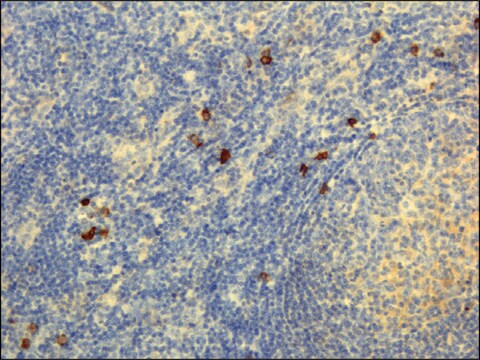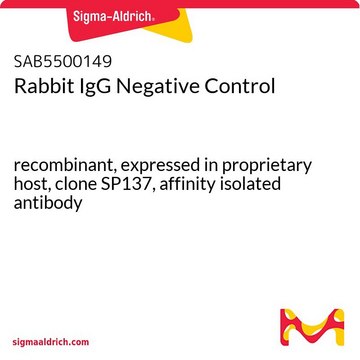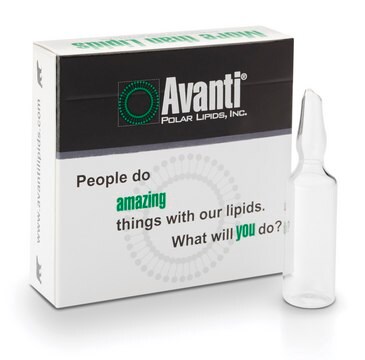F3893
Anti-Monkey IgG (whole molecule)−FITC antibody produced in rabbit
affinity isolated antibody, buffered aqueous solution
Sinónimos:
Rabbit Anti-Monkey IgG (whole molecule)−Fluorescein isothiocyanate
About This Item
Productos recomendados
origen biológico
rabbit
Nivel de calidad
conjugado
FITC conjugate
forma del anticuerpo
affinity isolated antibody
tipo de anticuerpo
secondary antibodies
clon
polyclonal
Formulario
buffered aqueous solution
condiciones de almacenamiento
protect from light
técnicas
dot immunobinding: 1:64
temp. de almacenamiento
−20°C
modificación del objetivo postraduccional
unmodified
Descripción general
Especificidad
Inmunógeno
Aplicación
Forma física
Cláusula de descargo de responsabilidad
¿No encuentra el producto adecuado?
Pruebe nuestro Herramienta de selección de productos.
Código de clase de almacenamiento
10 - Combustible liquids
Clase de riesgo para el agua (WGK)
nwg
Punto de inflamabilidad (°F)
Not applicable
Punto de inflamabilidad (°C)
Not applicable
Equipo de protección personal
Eyeshields, Gloves, multi-purpose combination respirator cartridge (US)
Elija entre una de las versiones más recientes:
¿Ya tiene este producto?
Encuentre la documentación para los productos que ha comprado recientemente en la Biblioteca de documentos.
Nuestro equipo de científicos tiene experiencia en todas las áreas de investigación: Ciencias de la vida, Ciencia de los materiales, Síntesis química, Cromatografía, Analítica y muchas otras.
Póngase en contacto con el Servicio técnico








